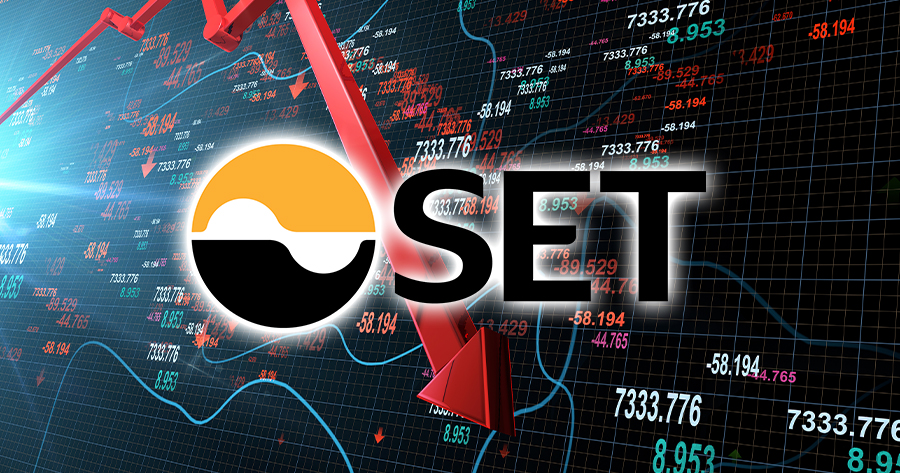The Thai stock market has faced challenges this year, with the SET Index performing poorly compared to other global indices. The index has plummeted by 7% since the beginning of 2024, trailing closely behind the Palestine-Territory Index, which dropped nearly 8% by June 11, 2024. In contrast, stock markets in Japan, Wall Street, Taiwan, and India have reached new highs, underscoring the disparity in performance.
While Thailand aimed for economic recovery following the COVID-19 pandemic in 2020, the sluggish revival of tourism has hindered progress. Despite prospects for a solid recovery in 2024, the country is grappling with political uncertainties surrounding key figures like Prime Minister Srettha Thavisin, ex-PM Thaksin Shinawatra, and the dissolution of the opposition party – Move Forward.
The slow implementation of stimulus measures, such as the cash handout scheme to boost the economy, has raised concerns about its impact on the country’s rising debt levels. Moreover, political tensions have escalated with attempts to assert control over the central bank by the Pheu Thai-led government, heightening uncertainties in the financial landscape.
Foreign investors have shown declining confidence in the Thai market, divesting 12.8 billion baht of equity this month and nearly 95 billion baht so far this year. The diminishing attractiveness of the Thai stock market in the eyes of global investors has been accentuated by ongoing political instability and economic challenges, further weighing on market sentiment and performance.
Maybank Securities (Thailand) pointed out that uncertainty stemming from political factors in Thailand damaged investor confidence and is one of the contributing factors to the consecutive outflow of foreign fund flows totaling 27.6 billion baht over a combined 14 trading days, leading to pressure on the SET Index to hit a four-year low.
Despite short-term market fluctuations, the valuation perspective indicates the SET Index’s trading at a P/E ratio of 13.8, lower than the long-term average by 1 standard deviation. With the economic direction and corporate profits showing signs of recovery, it is believed that the index level around 1,300-1,320 points is gradually accumulating for medium to long-term investors.





